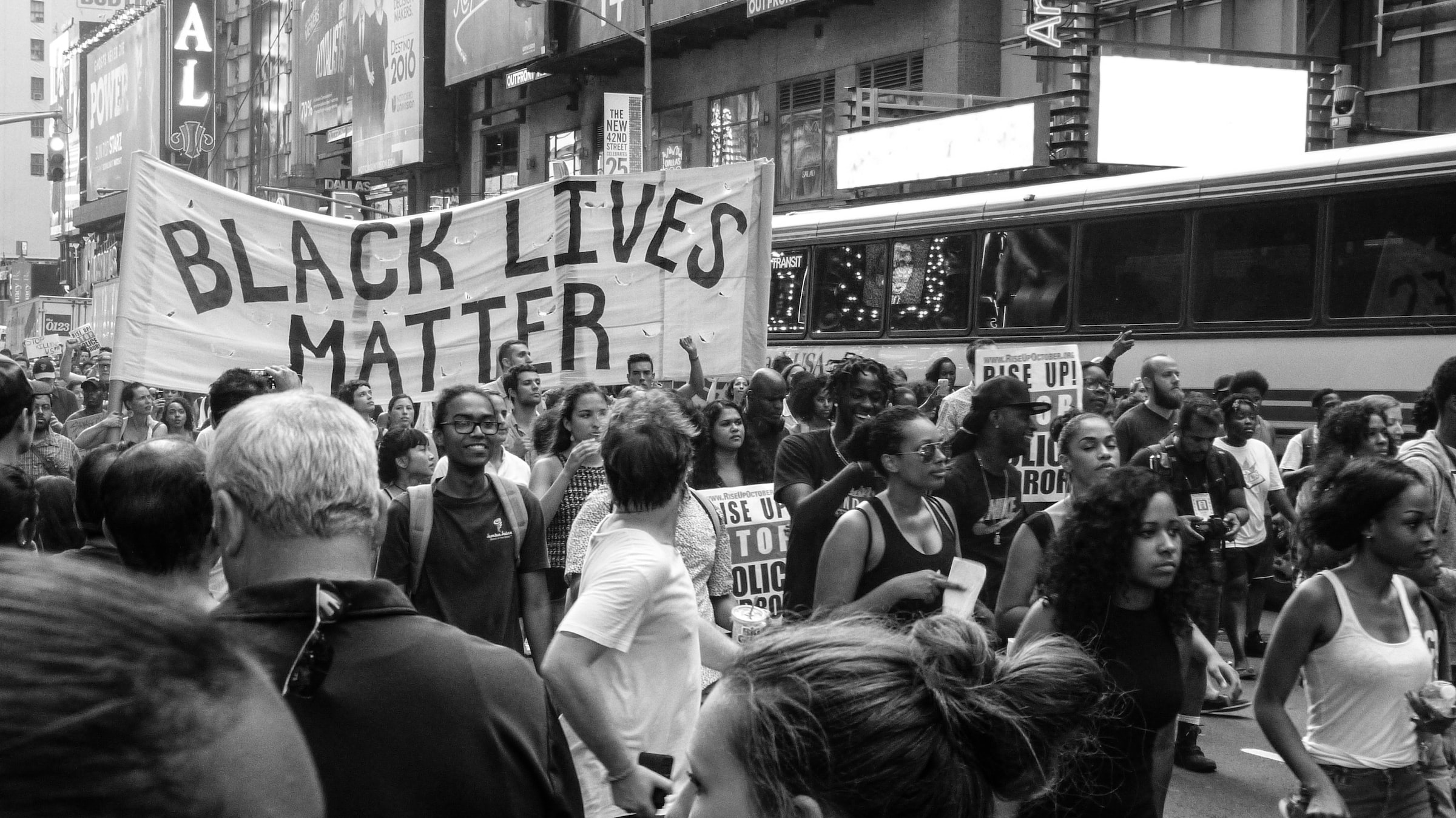
After Netflix creates a Black Lives Matter category on its platform, TV writer Anna Suffolk implores other streaming services to follow suit
Over the past month, the world is having a conversation and progressing the Black Lives Matter (BLM) movement. A lot of change has taken place online and in person, with social media propelling the movement by spreading information about racism. Netflix, the biggest streaming platform in the UK, has created a BLM category to aid education on the topic. Netflix’s category aims to ‘highlight powerful and complex narratives about the Black experience.’ Should other streaming services follow suit? The short answer is yes. Netflix has a vast influence over mainstream media, and the increased prominence of the BLM movement should be reflected in its content.
“Netflix has a vast influence…the prominence of the BLM movement should be reflected in its content
Netflix is huge. Although they are very quiet about official figures, they have 167 million subscribers across the world and 5500 titles on UK Netflix alone. Its influence is perhaps even greater than terrestrial television. That being said, the vast array of titles means that it can be hard to find a piece of TV or film which is pivotal in furthering the awareness of BLM. The interface is not necessarily bad (Prime Video, I am looking at you), but it does sometimes show less relevant shows over some of the more meaningful ones. Of course, not everyone on Netflix is looking to watch something as hard hitting as When They See Us, but the presence of such educational content should be front and centre and in an accessible place – the new category certainly achieves this. This is by no means implying that BLM should only take place in a box, as systemic and discriminative racism directly or indirectly affects every part of society. However, Netflix’s introduction of this category at least points people in the right direction, even when they are not looking for specific BLM content.
Realistically, this is the least they can do. Netflix has over 76,000 micro genres and categories on its website, so the projection of the BLM category to the front page does seem performative and definitely not ground-breaking. The TV and film industry is one of the least diverse industries and needs restructuring. The creation of this BLM category is, in essence, somewhat frivolous and fails to recognise larger issues of systemic racism within casting and production, where there is much work to be done.
With theatres and cinemas closed and suffering for the past three months due to lockdown, streaming services have had a field day. The number of Netflix subscribers has increased by 15.7 million during the COVID-19 pandemic. These circumstances have not just impacted Netflix, with the launch of Disney+ in March diversifying the choice of streaming platforms, just not racially. The issue of ‘white saviour’ is evident in content such as The Help (2011) and Green Book (2018) and means that these films arguably do more harm than good because they patronise and perpetuate racial stereotypes. Although Netflix has carefully selected the 45 programmes in its BLM category to avoid this, other services may not emulate this. Every film or TV show featuring a predominantly Black cast should not be treated as archetypal portrayals of the whole Black community when for some, it was not the main intention. Because these programmes occasionally glamorise and even romanticise Black trauma and suffering, this preconception is dangerous.
“Providing accessible platforms for education within the mainstream is the least they can do
To conclude, the creation of a BLM category on Netflix should not be the end of their activism. Period. Such a large business with a huge influence over the future of original tv and film content should put their performative activism into their purses by funding and producing content that breaks away from the white-centricism which dominates this industry. And yes, other streaming services should follow suit, as providing accessible platforms for education within the mainstream is the least they can do. They need to be the trailblazers for change and reformation in a time that needs them to step up.
Check out these Black Lives Matter related articles:
7 Shows to Watch to Learn More About Racism
The Battle With Tradition: Black Lives Matter in Rural Britain
Comments